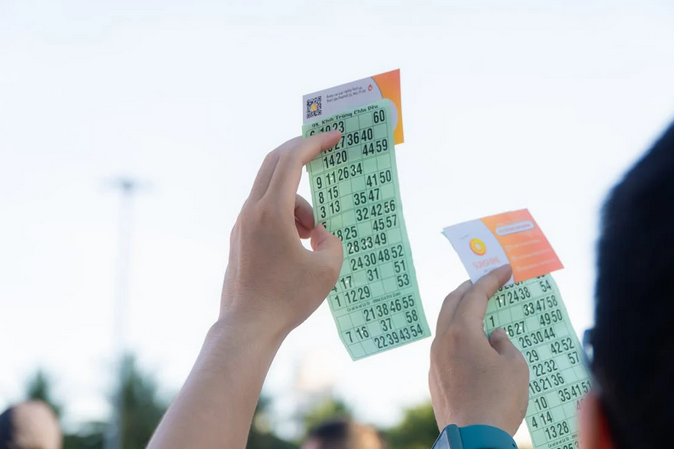The lottery is often seen as a game of pure chance, where the odds are stacked heavily against participants. However, some lottery winners have managed to defy the odds by using mathematics to improve their chances of winning. While one can use lottery tools to win, mathematical strategies can sometimes tilt the odds, helping participants make more informed decisions. Here are some ways lottery winners use mathematics to their advantage, proving that a bit of strategic thinking can go a long way.
Understanding the Odds

One of the first steps to improving your chances in the lottery is understanding the actual odds of winning. Different lottery games have different odds depending on how many numbers must be chosen and how many total numbers are in play. For example, a lottery that requires selecting six numbers from a pool of 49 has significantly higher odds (1 in 13.9 million) than a game with fewer numbers. Mathematically inclined lottery players often study these odds before buying a ticket. They may avoid games with the highest odds or participate in smaller lotteries with slightly better chances of winning. Understanding the probability of different outcomes helps lottery players make more informed decisions on where to invest their money.
Choosing Less Common Number Combinations
While all number combinations have the same odds of winning, some lottery winners focus on choosing numbers that other players less commonly select. This strategy is not about increasing the chances of winning but maximizing the prize if they win. If a player chooses popular numbers, such as birthdays or lucky numbers, they might have to share the prize with more people if those numbers win. Mathematics can help identify number patterns that are less frequently chosen by the general public. For example, many people tend to pick numbers below 31, corresponding to days in a month. Lottery winners who use mathematical insights may choose higher numbers or less predictable combinations, reducing the likelihood of sharing the jackpot with others.
Focusing on Syndicates and Group Play

A popular mathematical approach to improving lottery odds is through group play or lottery syndicates. In a syndicate, several players pool their money to buy multiple tickets, increasing their chances of winning. While the prize is divided among the group, the increased number of tickets boosts the odds of securing a win. Syndicates are based on the principle of probability. Instead of one player purchasing a few tickets, a syndicate can afford to buy many, significantly increasing the likelihood of winning something. Mathematically, the more tickets you buy, the better your chances of winning, even though the odds per ticket remain the same. Lottery winners who use this strategy often find it an efficient way to multiply their opportunities without spending exorbitant amounts on tickets.
While there is no surefire way to win the lottery, mathematics can help players make more informed decisions and manage their expectations. By understanding the odds, selecting less common number combinations, joining syndicates, and applying statistical methods, lottery winners can use mathematics to improve their chances slightly or at least maximize their winnings if they hit the jackpot. Ultimately, the lottery remains a game of chance, but a little mathematical insight can go a long way in shaping a more strategic approach to playing.

